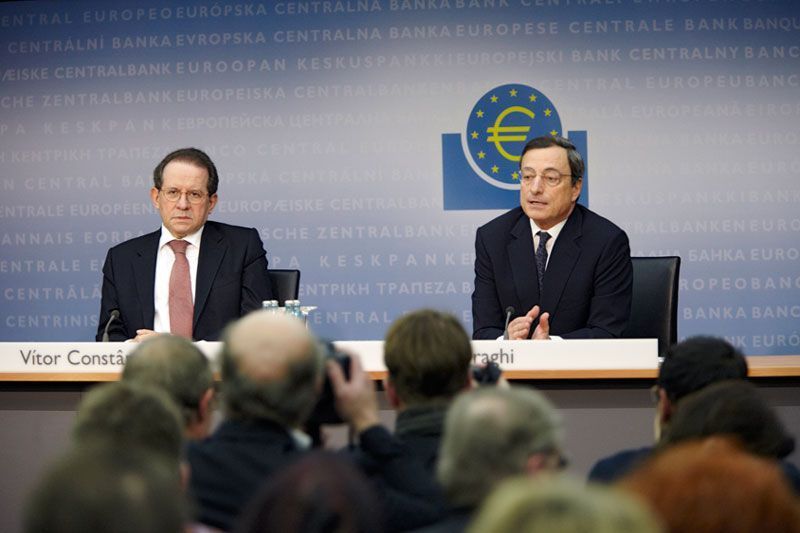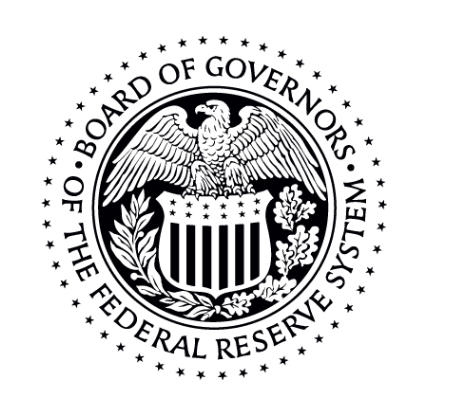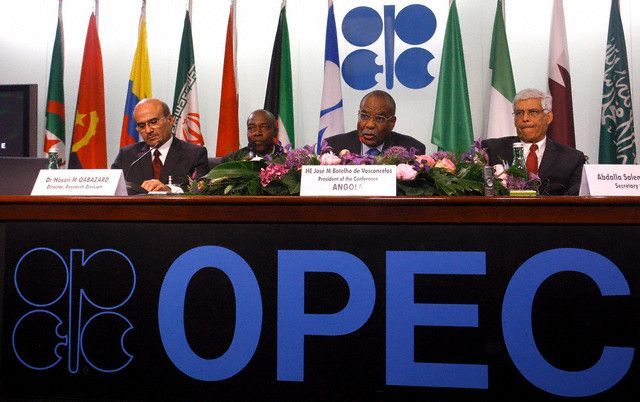It’s going to be a big month for investors.
December will be full with big financial news that is bound to move the markets. They range from crucial rate decisions at the U.S. Federal Reserve and the European Central Bank to an important OPEC meeting.
Here are the top four economic events of December that will guide you through the month:
1. More 'easy money' and another rate cut in Europe?

The European Central Bank's leadership meets December 3 and many expect it will take action of some kind to boost the region's economy. The ECB began its stimulus program in March, buying bonds at a monthly rate of 60 billion euros, and it could increase that pace.
The ECB could also cut its interest rate, which is already in negative territory. When rates are negative, banks essentially pay borrowers to take out money, instead of borrowers paying the bank.
Low interest rates are meant to make it easy for businesses to borrow and spend. That spending could create jobs and boost economic growth.
The ECB's economy -- made up of 19 countries -- only grew 0.4% in the third quarter. Unless the economy improves, experts expect the value of the euro to fall even further against the dollar, to a point that the euro and dollar could be at parity in 2016.





